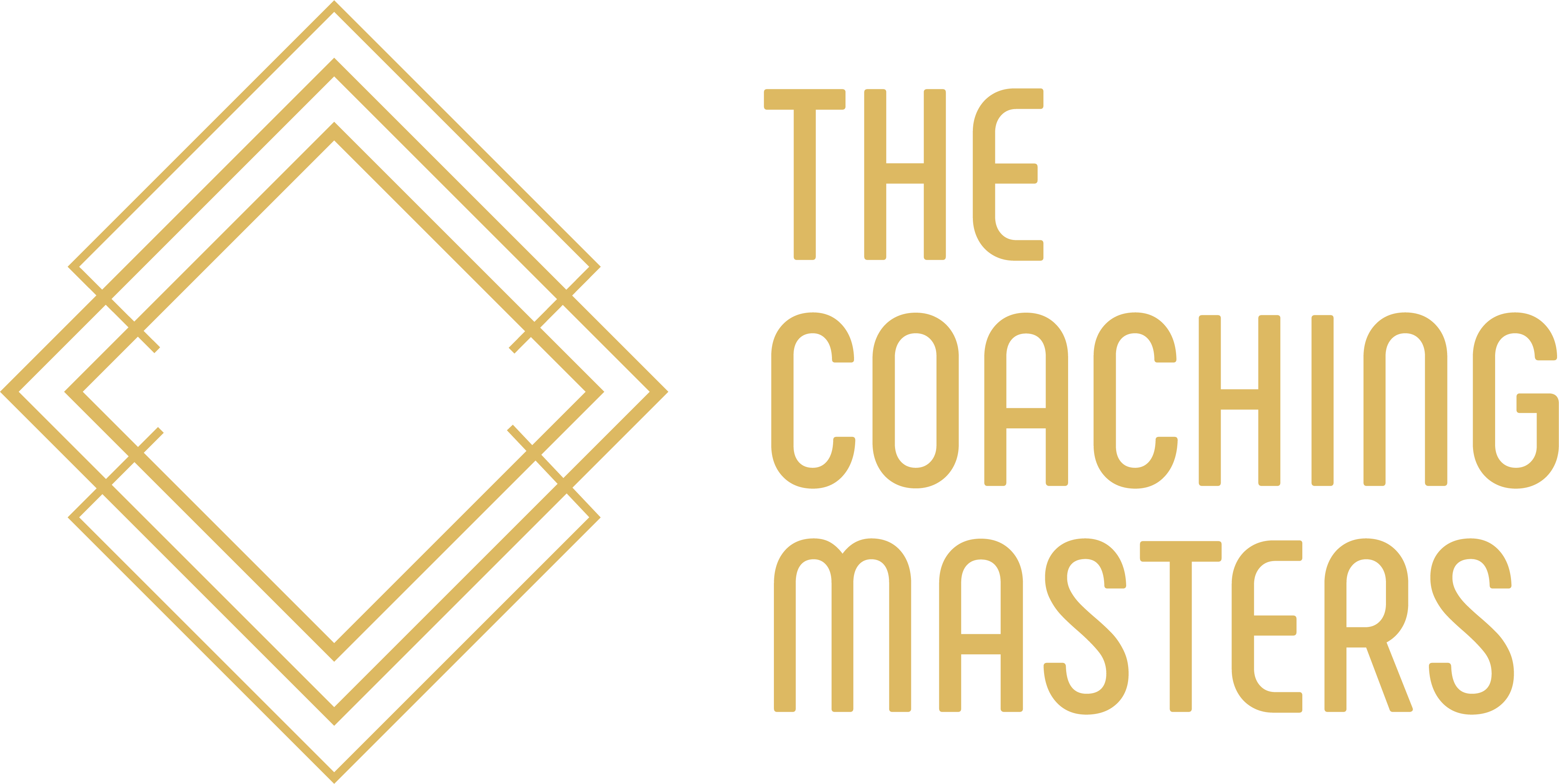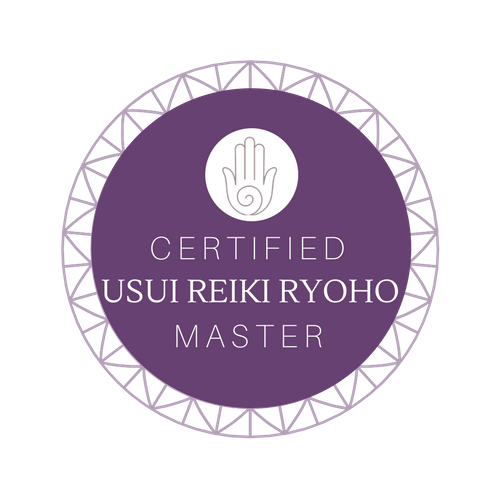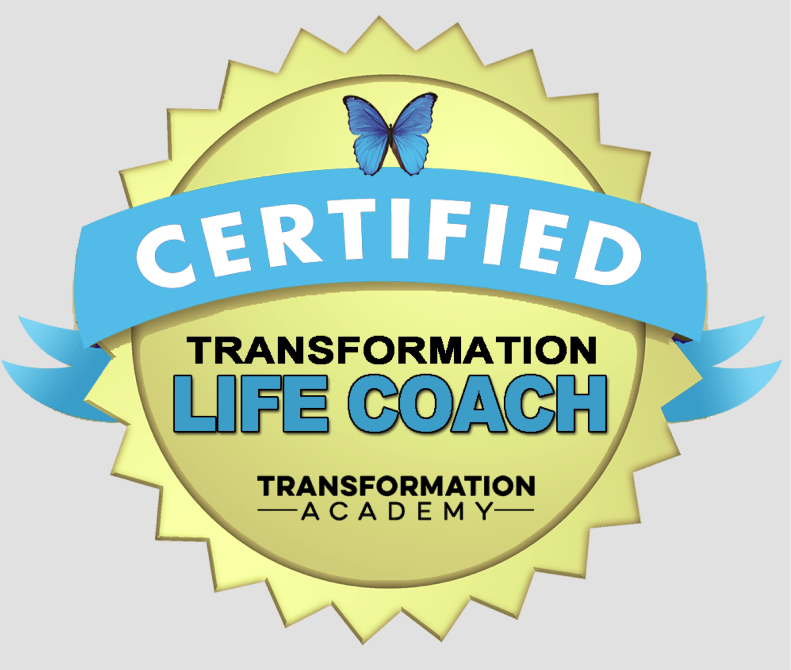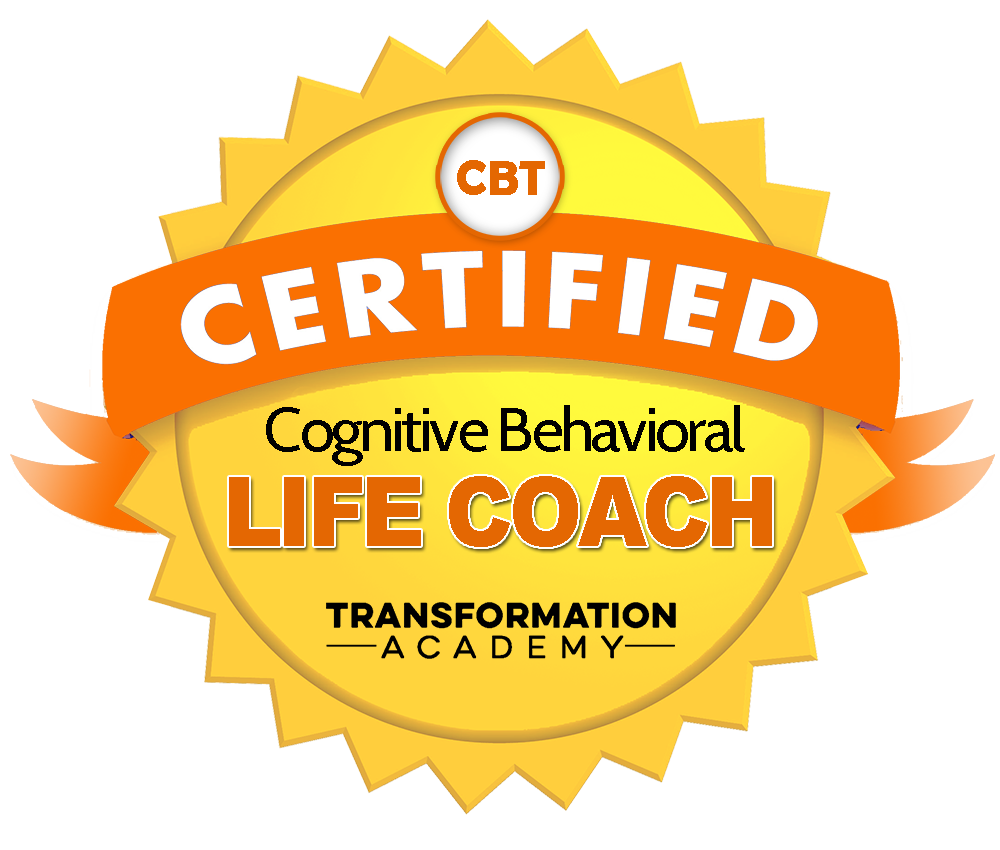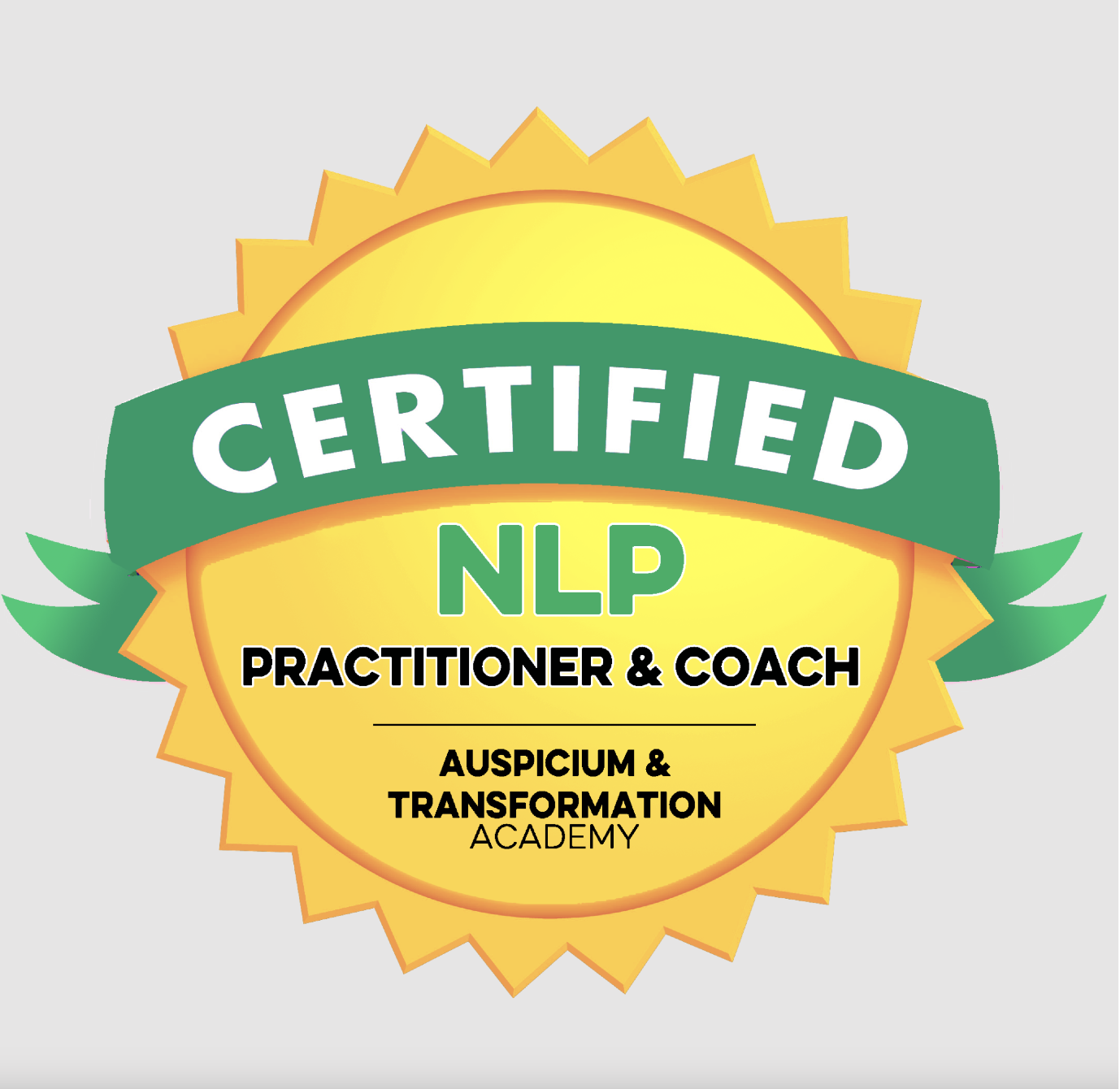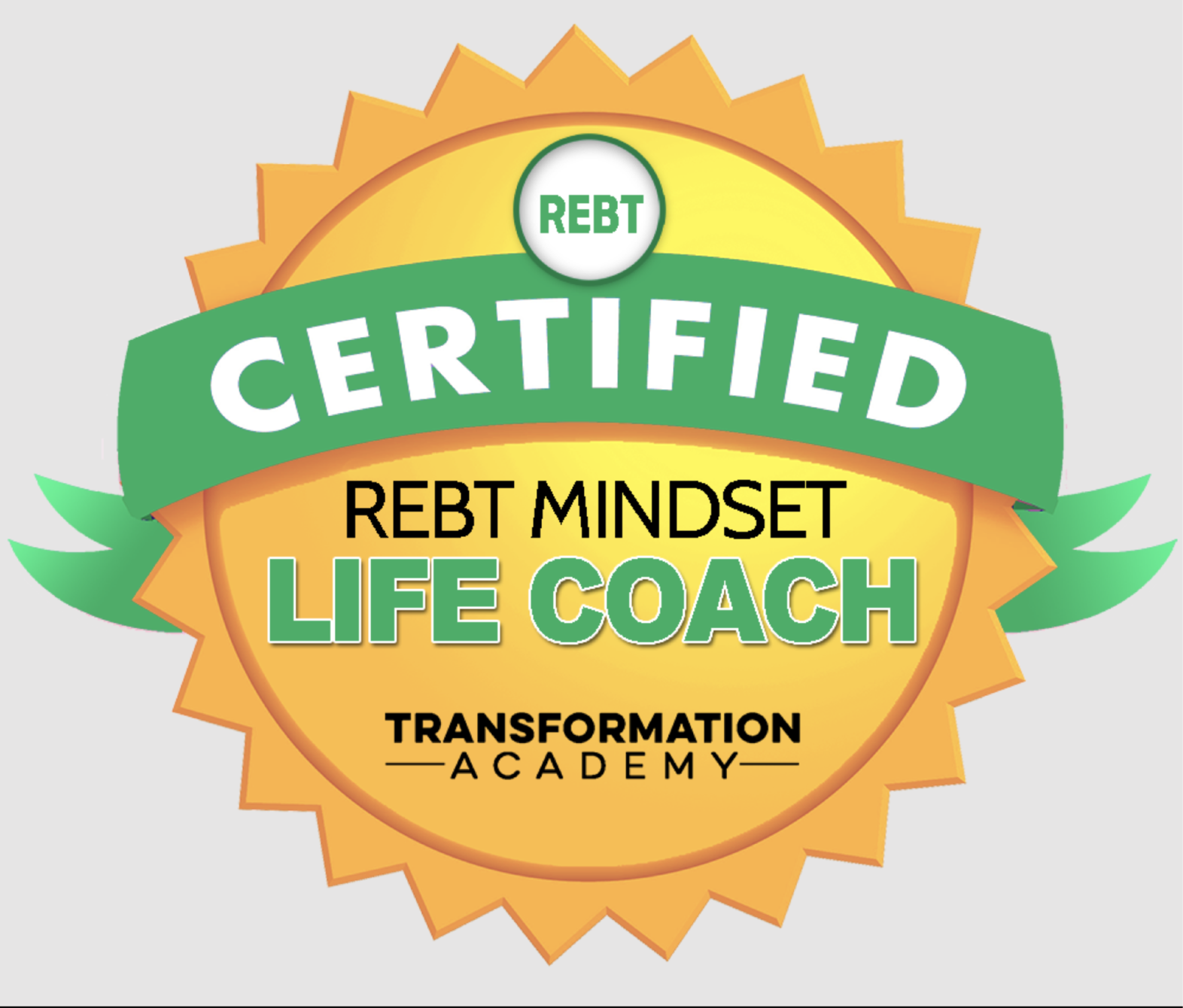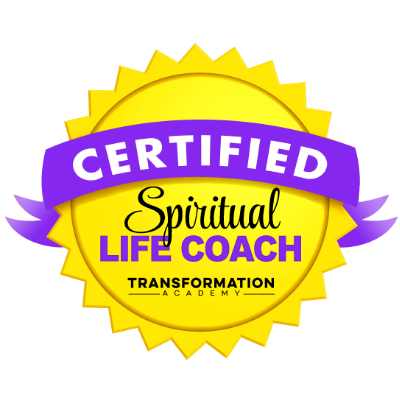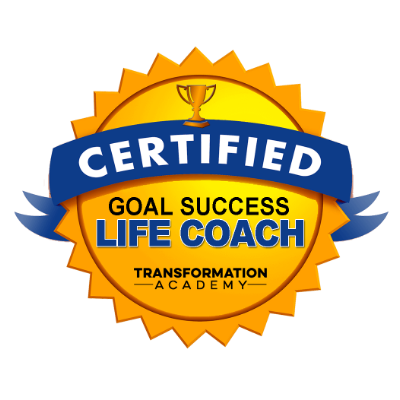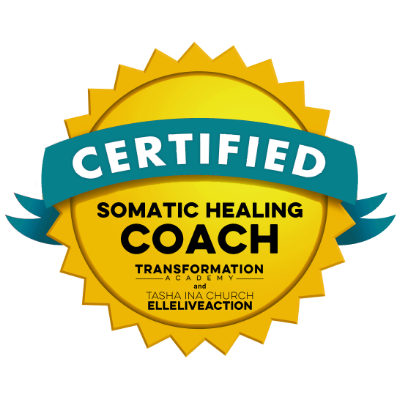How to Start Yoga
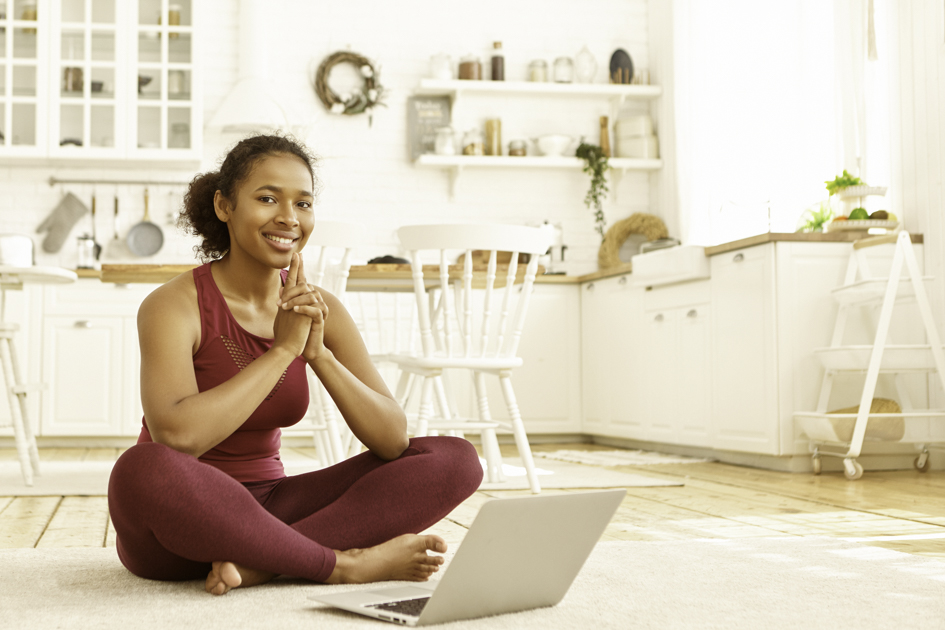
You can get audio or video tapes that give breathing instruction and teach relaxation techniques at health food stores, bookstores, and by mail order. It's probably fine to learn breath and relaxation from a tape or booklet, but don't try the yoga exercises without a skilled teacher. He or she can make corrections, caution you when necessary, and help you to adapt poses if you need to.
It will be worth it to you to spend a little time finding an instructor who is right for you. Your diabetes nurse educator or other health care professional may be able to recommend a yoga instructor. Get referrals for a yoga instructor as you would for any professional you might wish to consult.
Yoga instructors aren't required to be certified, but many are, through many different programs. Ask prospective teachers if they are certified. A certified teacher isn't necessarily better than someone who isn't certified, but it's something to consider.
Yoga is fun, healthy, and calming. It's a wise way handed down over several thousands of years. There is little danger in yoga, and even a little progress brings with it freedom and peace of mind.
Although most people with diabetes can exercise safely, exercise involves some risks. To shift the benefit-to-risk ratio in your favor, take these precautions:
Have a medical exam before you begin your exercise program, including an exercise test with EKG monitoring, especially if you have cardiovascular disease, you are over 35, you have high blood pressure or elevated cholesterol levels, you smoke, or you have a family history of heart disease.
Discuss with your doctor any unusual symptoms that you experience during or after exercise such as discomfort in your chest, neck, jaw, or arms; nausea, dizziness, fainting, or excessive shortness of breath; or short-term changes in vision.
If you have diabetes-related complications, check with your healthcare team about special precautions. Consider exercising in a medically supervised program, at least initially, if you have peripheral vascular disease, retinopathy, autonomic neuropathy, or kidney problems.
Learn how to prevent and treat low blood glucose levels (hypoglycemia). If you take oral agents or insulin, monitor your blood glucose levels before, during, and after exercise.
If you have type I and your blood glucose is above 250 milligrams per deciliter, check your urine for ketones. Don't exercise if ketones are present, because exercise will increase your risk of ketoacidosis and coma.
Always warm up and cool down.
Don't exercise outdoors when the weather is too hot and humid, or too cold.
Frequently Asked Questions On Yoga
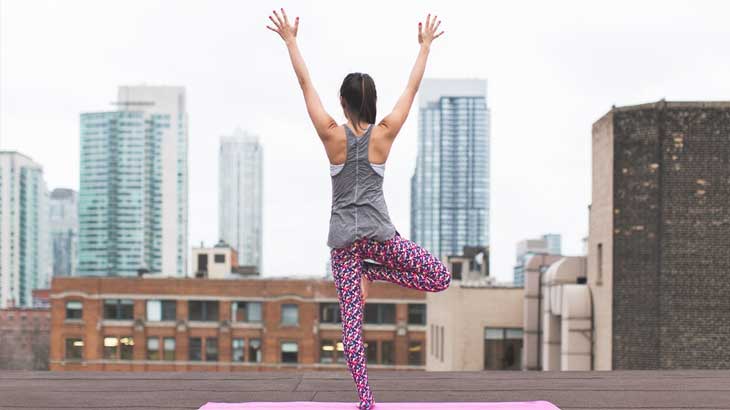
Yoga has been around for an incredibly long time and over that period different practitioners have added their refinements and styles to the basic Yoga discipline. There are so many different styles now it is nearly impossible to count, but they all stem from the same core philosophy and methodology. Unfortunately, the multiple different styles often lead newcomers to the exercise discipline to become very confused as to what they are doing and what they can hope to achieve with Yoga. In this article, we answer some of the common questions.
What is Yoga?
This question is the most common among newcomers. Most people have a general idea but they are not sure where Yoga fits into the world. Is it an exercise? Is it a philosophy? Is it a form of physical therapy? Is it a spiritual process? The answer is that to different people Yoga is all of these things. At its core, it is a group of exercises and poses that are very low impact and work by strengthening the body and increasing its flexibility through static exercise. This means that each pose will 'stretch' a certain area and the body benefits from this stretch by increased blood flow and energy release. Many of the exercises release tension from areas of the body that regular activities do not cater to. Because Yoga is performed slowly and with a strong emphasis on correct breathing patterns there is also a strong mental and spiritual element to the exercise. It is seen as a way of cleansing mind, body, and spirit.
Do I Need To Be Religious To Get The Most Out Of Yoga?
As mentioned above Yoga is different things to different people. Many people in the world perform Yoga purely for its spiritual benefits. Many others perform Yoga purely for the physical benefits associated with it. What you get out of Yoga will depend largely on your mindset, your openness to new ideas, and your ability to let yourself fall fully into a meditative state. For some people this is very difficult at first, but that is still not going to prevent them from getting the physical benefits associated with Yoga classes. You will find that even if you do not have any strong spiritual base you will still benefit from an increase in your self-confidence and personal contentment.
Where Can I Do Yoga?
Practically anywhere. Many people practice Yoga in their homes every day. Others will go to the local park and practice Yoga with a group of friends. To begin with, it's a good idea to inquire at your local gym about Yoga classes, many of them will be holding Yoga every day. Even if they aren't they will be able to tell you where the best place to learn Yoga is. Some local councils sponsor Yoga classes in their area in recognition of the benefits to people who exercise regularly. One of the big advantages of a Yoga-based exercise regime is that there is no expensive equipment to buy and then store around your house. Some poses are assisted by cushions to support the body, but in general, the only thing you need is your body.
I'm Not Very Fit - Is Yoga For Me?
Yes. Very much so. One of the fantastic things about Yoga is that the exercises and poses you will learn can be adjusted to your level. Fitness isn't usually a problem because the exercises are slow and often static, but your body will become better at performing them over time as your strength and flexibility improve. Knowing your limit and ensuring that you don't 'ease up' out of habit gain the best benefit.
Hopefully, you will now have a good understanding of what yoga is and why you should be doing it. Remember that Yoga is something that once learned can be practiced anywhere you like and as often as you like. Indeed, this is one of the key components of Yoga's popularity.
Click the link below to book your free clarity call or free virtual coffee chat.
Grab a copy of our newletter by completing the form below, this will then be sent to your inbox every month.
My Affirmation For The Week
"Creativity is contagious. Pass it on."
